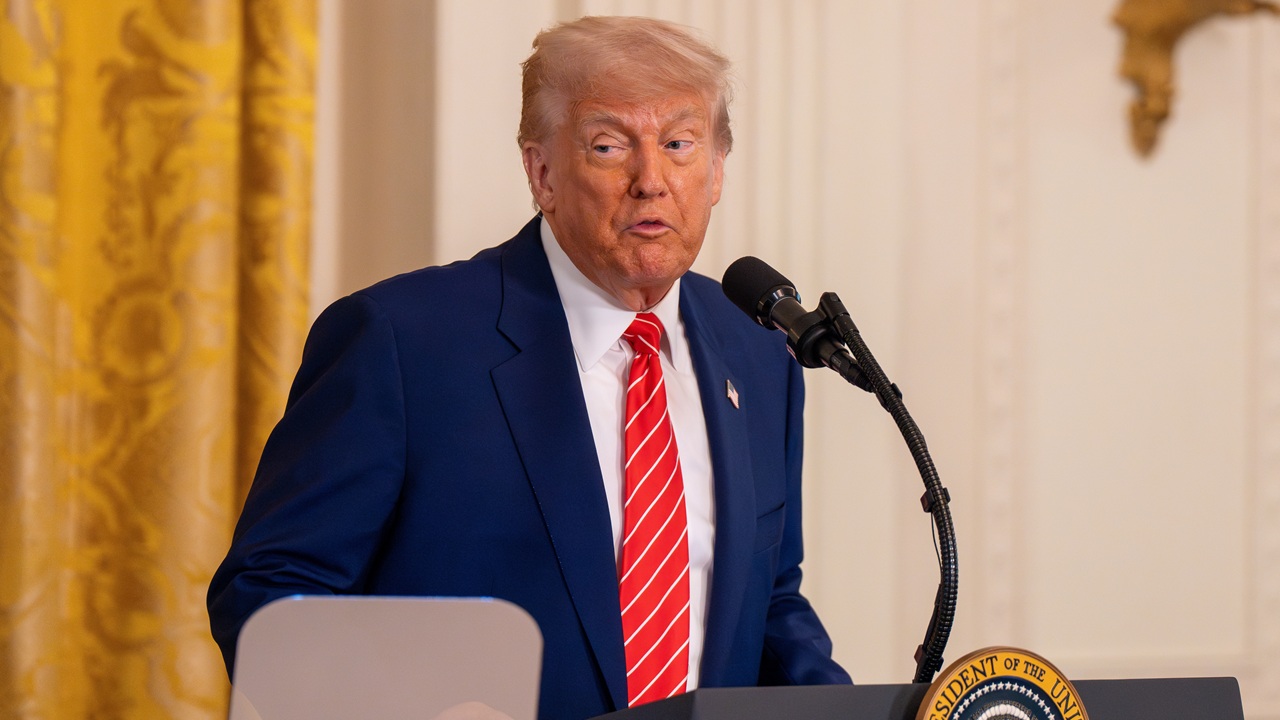The global geopolitical landscape is undergoing a profound shift, with China’s ruling Communist Party elites increasingly confident in their belief that the American empire is in an irreversible state of decline. This conviction is now visibly shaping Beijing’s assertive foreign policy, particularly evident in recent trade developments that appear to validate their long-held view, even concerning the former “trade hawk,” Donald Trump.
Despite the Trump administration’s widely publicized successes in renegotiating trade agreements with various international partners, a critical area of perceived failure remains largely unaddressed: its protracted and ultimately unsuccessful trade negotiations with the People’s Republic of China. This outcome stands in stark contrast to the White House’s often-touted economic achievements.
In fact, Beijing’s perceived triumph in these trade discussions against American negotiators has significantly emboldened its approach to other global partners. European trade officials, currently engaged in their own complex dealings with China, have recently noted an an unprecedented level of inflexibility and resolve from the Chinese side, a marked departure from previous encounters.
This newfound assertiveness stems from a decade-long strategic focus by China on dominating the world’s known reserves of rare earth minerals. This calculated effort has now positioned China in a powerful leverage point, putting the United States and other Western nations in a challenging predicament, effectively giving Beijing a strategic advantage in crucial global supply chains.
Further underscoring this shift, reports indicate that the Trump administration, previously a staunch opponent of such measures, quietly reversed its original trade policies by authorizing the sale of high-end computer chips essential for artificial intelligence development to Beijing. This particular step was explicitly forbidden during Trump’s first term and had even been maintained by the subsequent Biden administration, highlighting a significant policy pivot.
The removal of these chip restrictions, which had previously served as one of the few impediments to China’s otherwise rapid advancements in AI, has effectively opened the floodgates for Beijing’s technological aspirations. While Chinese scientists were already seeking workarounds, these bans had slowed their progress, but now, with access to advanced Western chips, the potential for China’s AI dominance appears boundless.
NVIDIA’s CEO, Jensen Huang, a prominent figure in the chip manufacturing industry, has openly expressed his belief that China is poised to surpass the United States in the race for AI supremacy. While the motivations behind such statements—whether genuine conviction or a strategic move to foster goodwill with Beijing—remain unclear, a prevailing sentiment in Silicon Valley suggests a preference for cooperation over competition with Chinese tech firms, potentially ceding future technological leadership.
Ultimately, unless the United States undertakes a serious and fundamental re-evaluation of its geopolitical strategy—fortifying its own domestic industries and technological independence before re-engaging vigorously on the global stage—it risks a perpetual state of decline. China’s unwavering belief in America’s diminishing power continues to drive its actions, fundamentally reshaping the dynamics of global trade and technological competition, a reality now underscored by past U.S. policy reversals.






Leave a Reply